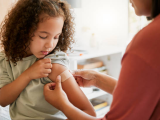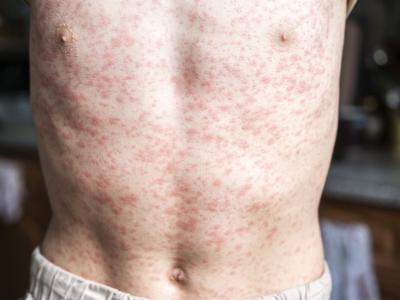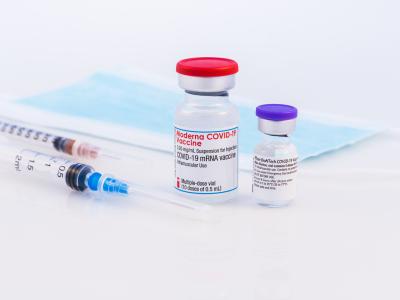Mar 5, 2012
Study: Phone triage worked for pregnant women during '09 pandemic
Pregnant women were successfully triaged by phone at a Northwestern University medical center in Chicago during the 2009 H1N1 flu pandemic, according to a study in the American Journal of Obstetrics and Gynecology (AJOG). Northwestern researchers reported that physicians were charged with educating patients during routine office visits to call the office immediately if they developed symptoms of influenza-like illness (ILI), including fever above 100ºF with a cough or sore throat. Healthcare phone staff then decided, using pre-defined criteria, whether women should be treated as outpatients or needed in-person evaluation at an obstetrical unit. Inpatient treatment was recommended if f patients had severe ILI symptoms or conditions predisposing them to ILI complications. Of the 230 women who were evaluated, 41% were treated as outpatients and 59% were seen in the evaluation unit. Of the outpatients, 9% were eventually seen in the evaluation unit and only 4% were ultimately admitted. Of the 135 patients initially seen in the evaluation unit, 32% were admitted and 44% had a positive polymerase chain reaction test for respiratory pathogens. Of the 59 who tested positive, 48 (81%) had positive tests for pandemic 2009 H1N1 (pH1N1). The authors write, "One important factor behind the success of our system is that it was deployed prior to the time that large numbers of patients presented for ILI."
Mar 2 AJOG abstract
Premature birth, chronic conditions may have elevated pH1N1 severity in infants
Being born prematurely or with a chronic condition may have increased the risk of severe pH1N1 infection during the pandemic, according to a Pediatric Infectious Disease Journal study of infants hospitalized in California intensive care units (ICUs). California Department of Public Health investigators analyzed data from 82 lab-confirmed pH1N1 cases of infants in ICUs from Apr 23, 2009, through May 1, 2010, 77 of whom had medical chart data available. Of the 77, 27 (35%) had a gestational age of 36 weeks or less, 46 (60%) had at least one chronic medical condition, and 35 (45%) required mechanical ventilation. Seven of the infants (9%) died, two of whom acquired pH1N1 during hospitalization. Three nonfatal cases were also hospital-acquired. The authors conclude, "We encourage clinicians to maintain high suspicion for influenza in infants when influenza viruses are circulating."
March Ped Infect Dis J abstract
Europe approves Baxter's H5N1 pre-pandemic vaccine
The European Commission (EC) has approved Baxter International's Vepacel H5N1 flu vaccine for marketing, the company said in a Feb 2 release. The EC approved the vaccine's use for adults in all EU member states, including those with compromised immune systems and chronically ill patients. "The approval of Vepacel demonstrates Baxter's commitment to the production of pandemic and pre-pandemic vaccines to protect vulnerable individuals from the H5N1 virus," said Hartmut J. Ehrlich, MD, Baxter vice president of global research and development. He said the vaccine offers broad cross-protection using 7.5 micrograms of antigen. Clinical trials for the drug involved more than 4,700 adults from 18 years old to over 60, according to the release.
Mar 2 Baxter news release




















